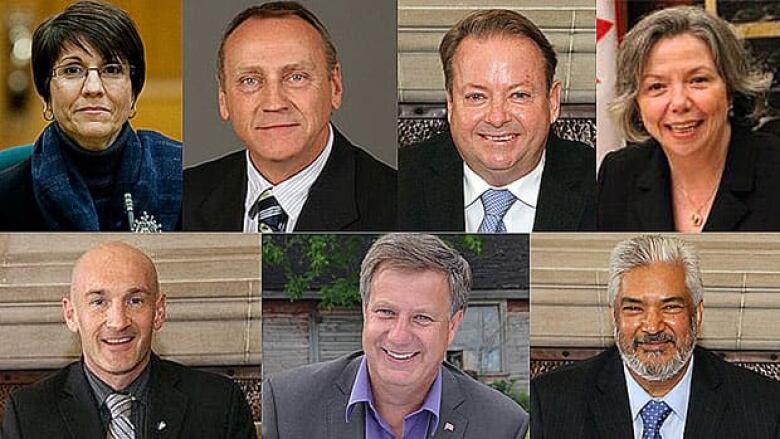Tory election call scripts raised polling station changes
Records in Federal Court show calls to unchanged ridings refer to moved polling stations

A company working for the Conservative Party phoned voters about polling station changes in ridings that had none, according to documents filed in Federal Court on Friday.
Responsive Marketing Groupwas making get-out-the-vote calls on behalf of Conservative candidates in a number of ridings, includingfive of sixridings at issue in a Federal Court challenge over the result of the election May 2, 2011.
In an affidavit sworn Aug. 8, 2012, Andrew Langhorne, the company's chief operating officer, provided a script used by its callers thatasked voters to confirmthey knew where to vote on election day and said, "Elections Canada has changed some voting locations at the last moment."
But only one of the ridings actually had changes to its polling stations, says a lawyer representing the voters who mounted the challenge.
"Further, the [Conservative Party of Canada] directed RMG to raise the question of polling locations even though Elections Canada had specifically asked political parties to refrain from contacting electors to advise of such changes," Steven Shrybmanwrote in the factum presented to the court.
Langhorne also says the company no longer has the names or phone numbers of the people who got calls, or the location of their polling stations. The information was provided by the party.
Calls widespread, applicants say
The applicants in the court case,backed by the Council of Canadians,say they got misleading phone calls that attempted to direct them to the wrong polling station and that there was a pattern of vote suppression in the election that meansthe courtshould overturn the election result.
All of the applicants voted in the election. They have provided polling as evidence that the misleading calls were widespread, which the Conservative MPs dispute. The applicants also provided an expert torebut a Conservativeexpert witness who disputed themethodology used to gather the polling data.
The ridings being challenged are:
- Nipissing-Timiskaming in Ontario.
- Elmwood-Transcona and Winnipeg South Centre in Manitoba.
- Saskatoon-Rosetown-Biggar in Saskatchewan.
- Vancouver Island North in B.C.
- Yukon.
Last month, a woman in a seventh riding had to withdraw her case after discovering she lived in a different riding from the one she was challenging. Leeanne Bielli was the only applicant in the case who said she hadbeen prevented from voting because of the call she received.
The applicants also use a recentSupreme Court decisionon a challenge to the election result in Etobicoke Centre to argue the importance of keeping voters enfranchised.
Former Liberal MP Borys Wrzesnewskyj had won a challenge to Conservative MP Ted Opitz's win in the riding, but the Supreme Court overturned the lower court's decision, upholding Opitz's victory.
The majority decision in the Opitz case shows the broad goal of the Canada Elections Act favours theright of the voter to cast a ballot, Shrybman argues.
"Throughout, the act aims to ensure that electors are entirely unimpeded and not unduly or unfairly influenced in exercising their right to vote, in line with its goal of protecting enfranchisement and the substantive right to vote," he wrote.












_(720p).jpg)


 OFFICIAL HD MUSIC VIDEO.jpg)
.jpg)



























































































